What is Performative Allyship? Are memes harmless escape or is there a dark side? How does our brain respond to memes and is there an impact on our ability to be empathetic and think critically? Are we activists or are we in a narcissistic quest to look awesome? Is it too late to change course or have we jumped the shark?
Why This Article
Some Gen Z young adults who are marginalized asked me to. It went something like this:
Them: We need you to write about performative allyship.
Me: I don’t know about that.
Them: When have we ever asked you something like this?
Me: Never.
Them: We’re gonna die surrounded by fuckers with black square profile pics bragging they know a trans person.
When I explored deeper into the conversation, it seems Gen Z is the only generation reducing their use of social media. Their heightened awareness of loss of privacy online and the potential mental health concerns associated with excessive social media use leads them to actively try to manage their time on these platforms. But there is another reason. Us. Gen X.
And that sucks because we have so much to offer if we choose to, but we don’t choose to enough.
Just as an example. Shelter in place. As the first latch key generation that thrived in isolation and chaos and self taught ourselves many things without an internet we could have led the charge with tik toks and youtube tutorials offering the younger and the older generations valuable insights. In many ways, we were made for this crisis and could have been a lighthouse in the storm.
We accused the younger generations of being less responsible. Gen Z was the hardest hit emotionally and sociologically. Far more than Millennials and Gen X were. Their loneliness and feeling of isolation was more profound than that of Boomers.
Another crisis is upon us and there is an opportunity for us to make a difference in action or remain inaction.
Defining Performative Allyship
Performative allyship is when someone publicly professes support for a marginalized group through symbolic gestures, while not taking any substantial actions to actually advocate for or uplift that group.
But is there harm in spreading memes about marginalized people? Isn’t that creating awareness? Surely I am doing something! I care!
In an article by Rizing-Tide, there is harm. They state:
Performative allyship damages real social movements because—like spraying Febreze over a smelly trash can—it:
- Temporarily masks the problem,
- Doesn’t address the root of the problem, and
- Makes the problem more difficult (i.e., smellier) for someone to solve down the line.
Sociologist Holiday Phillips in an article on Medium: “But the problem with performative allyship is not that it in itself damages, but that it excuses. It excuses privileged people from making the personal sacrifices necessary to touch the depth of the systemic issues it claims to address.”
If our allyship does not include actions like donating to or volunteering with a group, educating ourselves so we can correct our peers when they act harmfully and have our intentions in line to help our neighbors instead of recognition, then things will continue to be worse.
The Etymology of Memes
The idea of memes was first explored by Richard Dawkins when he wrote his novel, “The Selfish Gene”. He conceptualized memetics, which is the social transmission of ideas from one person to another rather than an inherited trait like genes. Memes propagate and multiply horizontally and vertically, in contrast to how genes do, which is vertically and through inheritance. Memes reproduce concepts that spread among individuals.
When he wrote this in 1976, the idea existed analogously in catchphrases, artwork, newspaper comic strips, short films, and so on. When the internet and social media spread what we now know as memes, the game changed, and so did our brains. Because it literally spread like a virus, hence viral meme.
Your Brain on Memes
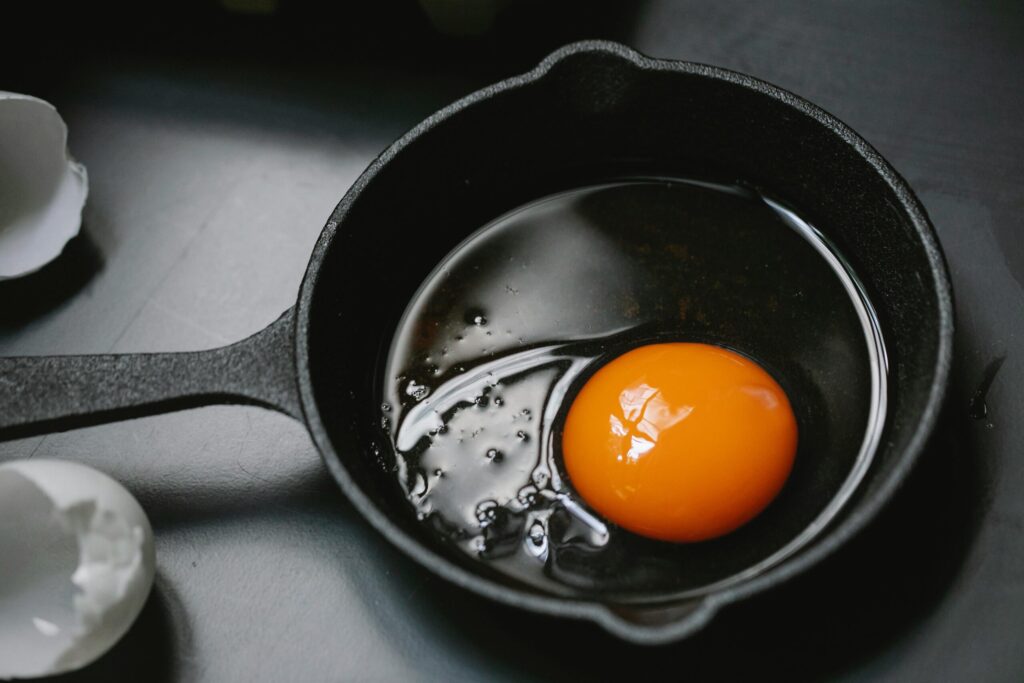
Basically, memes get you high and we like to get high and when we find a good high, we can become addicted.
Doomscrolling usually begins with memes that make us laugh. This triggers a quick hit of dopamine. Dopamine is a neurotransmitter that plays a key role in the reward system. The quick hits of dopamine strike differently than when we accomplish a goal. The quick hits are what you get when you have a good laugh, an orgasm, or certain narcotics.
You keep scrolling craving more, and the darker memes, the cruel memes, the incorrect memes all blend together producing the same result as the funny memes. And as we seek the dopamine rush in the scrolling, our critical analysis and pre frontal cortex are no longer in the game. We spread them instinctually without the analysis and forethought we think we are having.
If you have ever been the sober one in a room talking to a friend who is drunk or high, you know what I am talking about. They believe that they are clearly thinking and elucidating, but they are not. You are not. We are not. Each click and each share contains a bit of that dopamine hit driving us further into inaction.
In the 2009 study “Cognitive Control in Media Multitaskers.” by Proceedings of the National Academy of Sciences , we learn about the information overload that memes can produce. Too many memes in one sitting can lead to cognitive overload. This information bombardment can create diminished cognitive performance known as attention fragmentation. Instead of focusing deeply on one topic, your attention gets split among countless memes, leading to a shorter attention span and decreased critical thought and productivity.
Memes, like alcohol, cannabis, and orgasms are not bad things. Memes can spread humor, compassion, ideas, and even spark creativity when making your own memes, but we need to be aware of the effects of too much consumption and the potential risks on our ability to think critically, fact check, and take action as opposed to pushing the plunger for another pure hit for the high.
Examples of Bad Memes, Performative Allyship, and Negative Results
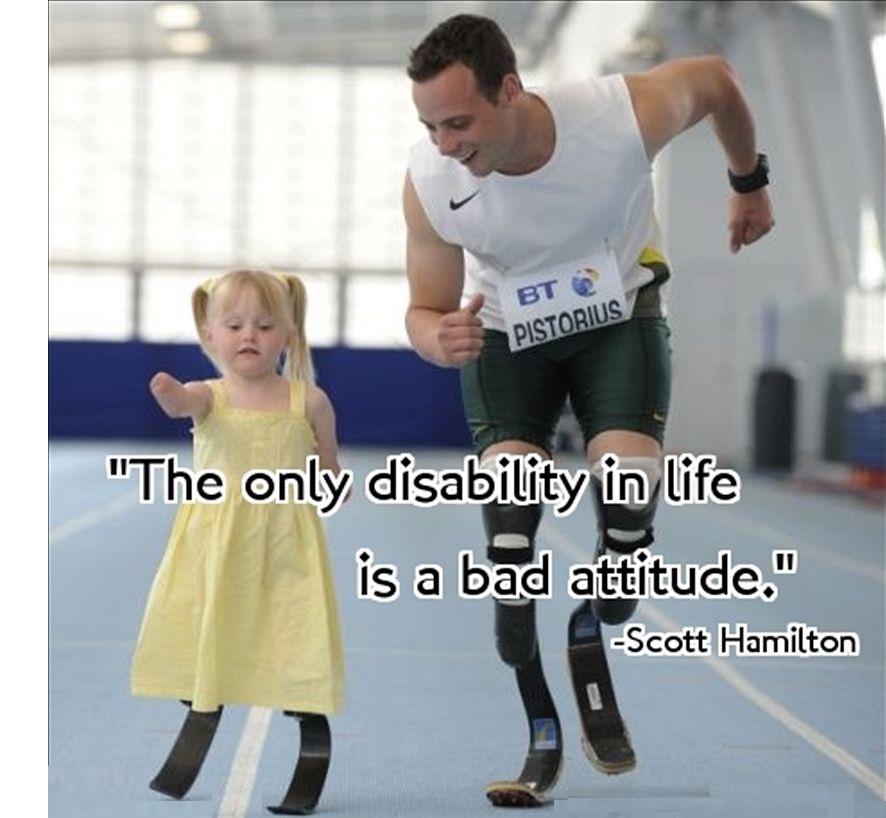
Unfortunately I see memes like this one spread by people I know often. If the phrase isn’t “The only disability in life is a bad attitude” then it is “What’s your excuse?”
When we are not doing research and flying high on emotions, we can cause harm in good intention. Maybe when they saw this meme they shared it to motivate able-bodied people. Or maybe they were in the meme zone and the dopamine high had them in auto pilot. Regardless, they did this by objectifying amputees, people in wheelchairs, and other disabilities to shame people for accomplishing less than what they think a person with a disability did.
Memes like this not only inaccurately portray and borderline fetishize people with disabilities, it can lead to inaction to make significant changes in our infrastructure and society for the largest marginalized minority demographic in the world (over 10% of the population)…people with disabilities.
A meme of a person in a wheelchair on a mountaintop with the caption “What’s your excuse?” does not magically transform a staircase into a ramp or protect our neighbors with disabilities from potential reversals of hard fought Americans With Disability Act rights and reasonable accommodations they have in workplaces and under Title IX in schools.
I have friends who are in the Deaf community, blind, paraplegics, amputees, and a great many other things. They are my friends and not my props for a meme to elevate myself. In the same way, I have an adult child who is transgender. They are not my prop for a meme about how I know a trans person. I have many friends who are Latino as well. I will fight my ass off for DACA and encourage people to know their constitutional rights when facing an ICE agent or any government authority, but they are not a meme or a token to showcase how star spangled awesome I am.
Finally, as an adult child of an addict and adult survivor of child abuse and sexual assault, I will always challenge a “humorous” meme that hurts young people. Because it hurts me.
Hearts of Glass Living in the Real World Informed by Education as an Ally
My upcoming YA Novel, Hearts of Glass Living in the Real World, is curated richly in my lessons as an ally. There are characters who are victims of domestic violence and sexual assault, one who is neurodivergent, another who is profoundly deaf, and there is a gay character. Each one and the things that are part of their identity was painstakingly researched and vetted by experts in their respected fields to make sure the story did not, with good intention, create the same harm that performative allyship and bad memes cause.
My kid and I used to cringe at movies and books featuring trans characters that were not well researched by the writers and it showed insultingly.
I had two test readers in the Deaf community tell me that I created a wonderful character who they enjoyed and want to see more of (they will in books 2 and 3), but they told me something else. 2 women from the Deaf community told me how much it has hurt in the past to see deaf characters like them portrayed poorly and read reviews where people gush over the author for being a champion.
I do not want to be a champion. I want people to enjoy the story and if someone were hurt by a character based on a friend whom I love and has given me so much in her friendship, I would feel like an ass and a shitty friend. Had I not done the proper research I could have hurt people like her. I could have hurt her. What kind of friend would I be if I did that?
I do want to make sure I have ASL interpreters at every book signing and event I do. That is going to cost $90 an hour and to do that I need your help. Please give to the crowfunding Indiegogo. You can partner with me to do that and also get a signed copy of the book and other perks!
I am proud, as an ally, to have helped change laws and policies over the last 15 years. I was not the lone hero storming the gates, I was among amazing people and self advocates the whole way. These accomplishments did not come without sacrifice of time and money to learn and educate myself. It also did not come without finding out I was wrong about a lot of things. Finding out you are wrong is how you learn and grow and become a better friend, partner, parent, neighbor, and ally.
Be Here Now: We Need Allies Who Are Well Researched
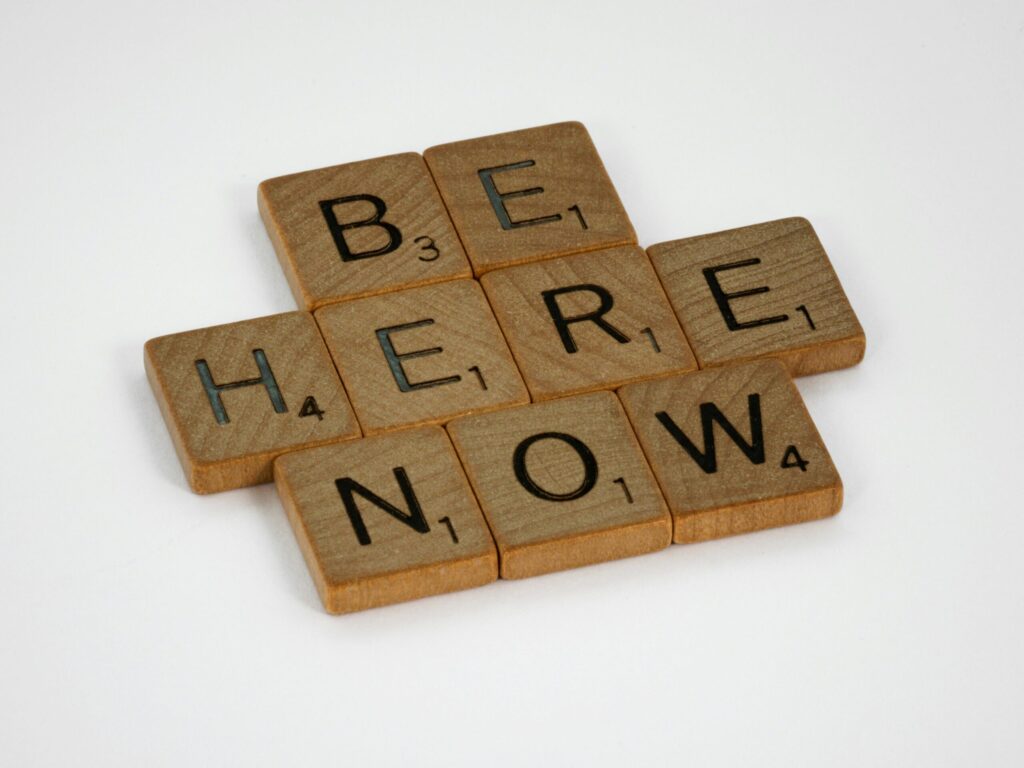
I believe most people who are performative allies and spread hurtful memes do so with good intention. I believe most people care and want to make a difference. It is hard when we have our own problems and traumas and hurts. If someone does say, “This hurts, please do not do that!” it can put you on the defensive. I have been in your shoes, but my child’s life depended on me getting it right as did a partner I had with a disability. I had to move past my own insecurities, pride, and hubris and get humble and in the game.
Take a few deep breaths and be here now. Look at the memes and the content with a critical eye. If you see a topic or an injustice that you care about amplified in a meme, use that energy to start learning about the cause before you spread the meme just in case it is incorrect.
If someone from a demographic you memed about tells you this meme hurts them…stop and listen and do not insult them. That happened to me less than a week ago in regard to child abuse That kind of response compounds the pain.
We can use a good person like you in the fight, but we need you to be better equipped with more than dopamine infused good intentions.
Stay totally awesome!
Stay True to you!
Help Hearts of Glass Living in the Real World and Get a Free Book!
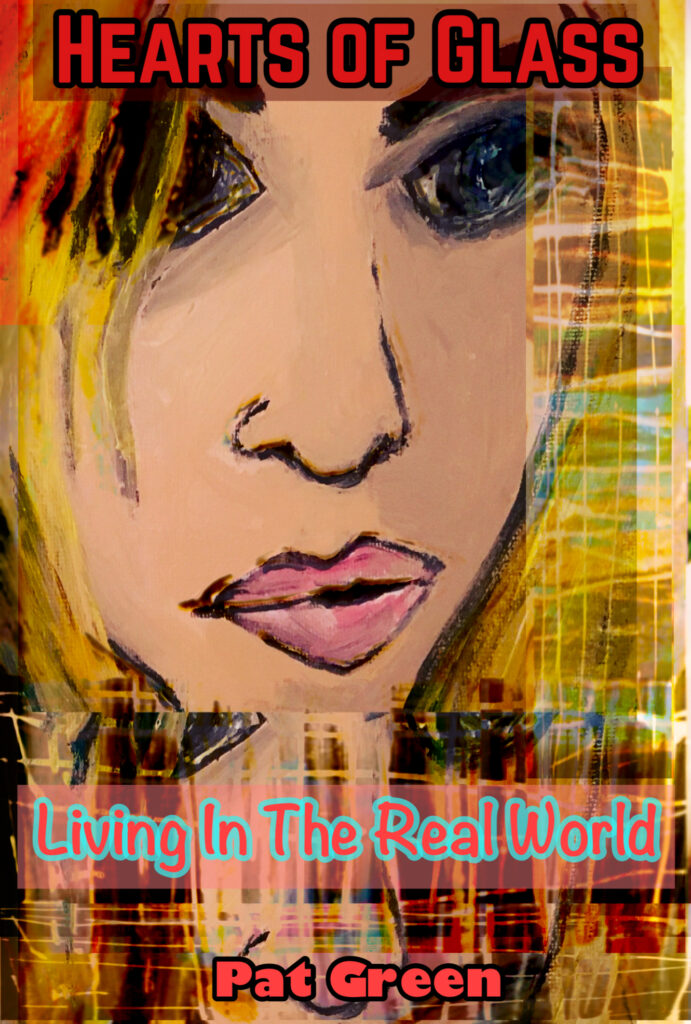
Ford is a traumatized former child model. Cassie is the epitome of DIY punk with a life full of poverty and pain serving smoothies at the Orange Julius. Finally there is Jenny, a young preppy with talent and dreams held back by a society not designed for women like her.
As their lives intersect in the late 1980’s at the Fox Valley Mall in Aurora, Illinois, there will be love, confusion, and dangerous adversaries with wealth and power. Ford, Cassie and Jenny just have each other. Will it be enough? How do they survive as Hearts of Glass Living in the Real World?
By going to the indiegogo, you can not only secure yourself advance copies of the book, special merch, and experiences, but you get to help provide copies to teens that live in shelters and seek resources in community centers. You also provide opportunities for ASL translators at our speaking events about this wonderful book. Go to the link, get your copy, and help others!
https://www.indiegogo.com/projects/be-part-of-the-hearts-of-glass-story-and-mission/x/38415051#
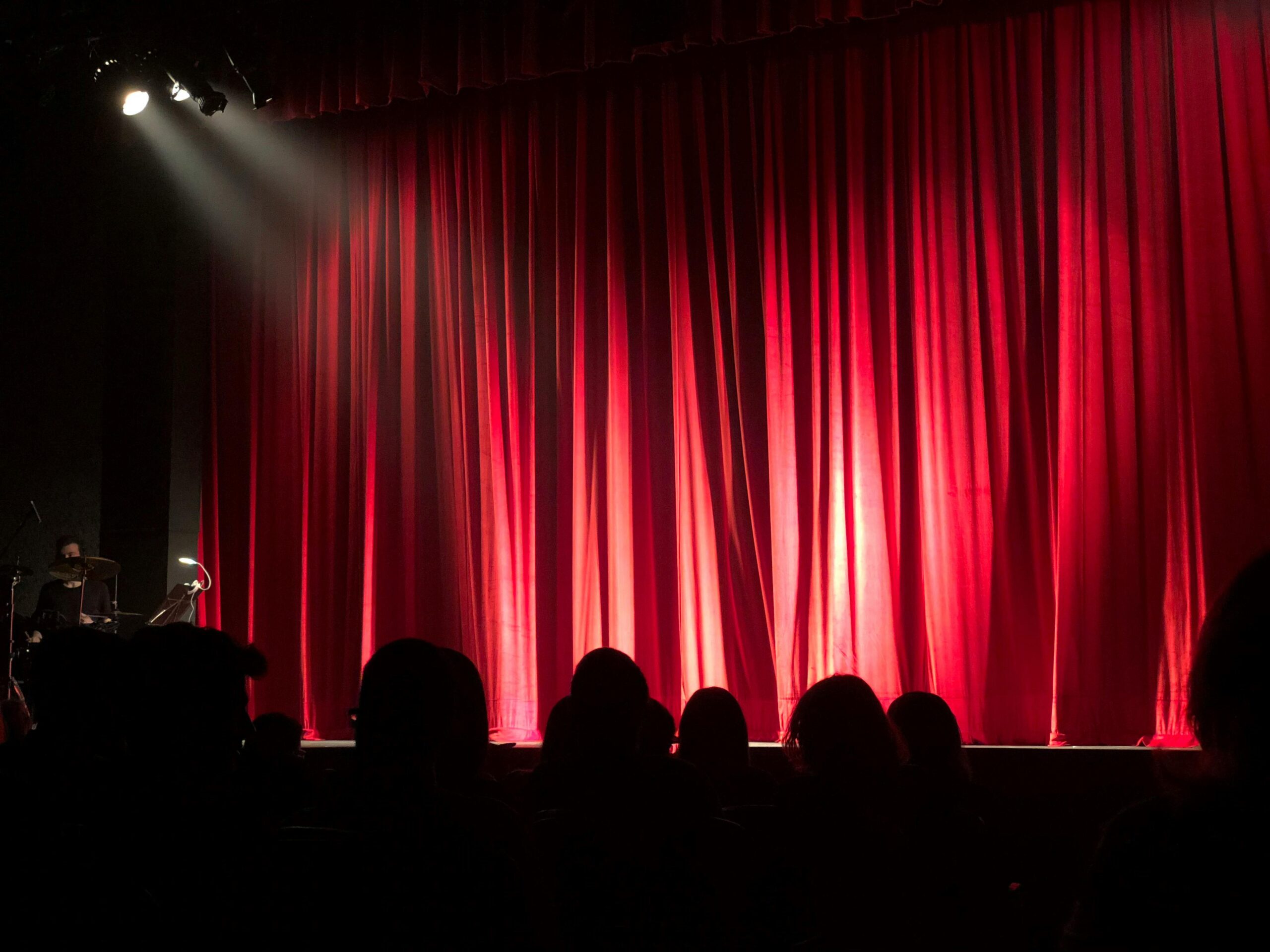
Leave a Reply